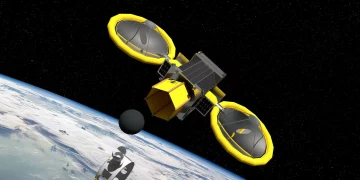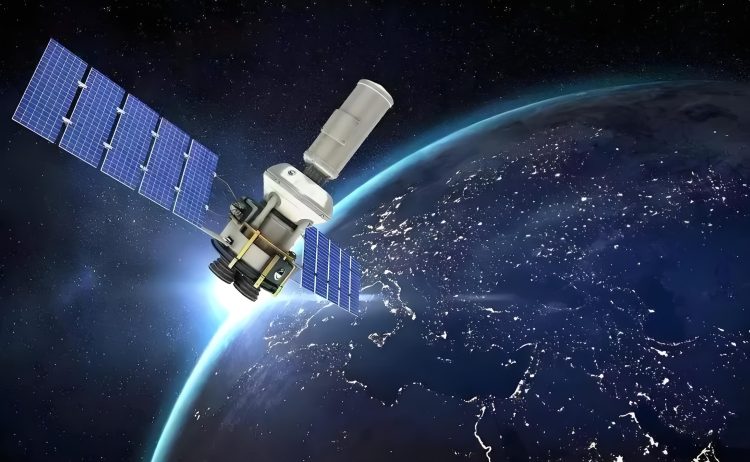In the realm of modern warfare, the integration of artificial intelligence (AI) into military satellites is reshaping the landscape of strategic intelligence and operational capabilities. As technology advances at an unprecedented pace, AI-powered military satellites are emerging as game-changers, enhancing situational awareness, accelerating decision-making, and ensuring mission success in even the most complex and dynamic environments.
Elevating Intelligence Gathering to New Heights
At the heart of AI’s impact on military satellites lies its ability to elevate intelligence gathering to unprecedented levels. Equipped with advanced image recognition and pattern analysis algorithms, these AI-enhanced satellites can process vast amounts of data, identifying potential threats, tracking enemy movements, and providing real-time situational awareness to commanders on the ground. This not only enhances the accuracy and timeliness of intelligence reports but also frees up valuable human resources for higher-level analysis and decision-making.
Autonomous Operations: The Future of Satellite Missions
One of the most significant advantages of AI in military satellites is the potential for autonomous operations. By leveraging machine learning and adaptive control systems, these satellites can navigate complex orbital dynamics, adjust their flight paths to optimize coverage, and even make decisions on their own to respond to emerging situations. This autonomy not only reduces the need for constant human intervention but also ensures that the satellites are always operating at peak efficiency, even in the face of unpredictable conditions.
Revolutionizing Targeting and Strike Capabilities
AI-powered military satellites are also revolutionizing targeting and strike capabilities. By integrating precision guidance systems and real-time targeting algorithms, these satellites can provide unparalleled accuracy in identifying and engaging enemy targets. This not only increases the effectiveness of military operations but also minimizes collateral damage and protects civilian lives. Furthermore, the ability to quickly adjust targeting parameters based on real-time intelligence feedback enhances the agility and responsiveness of military forces.
Cybersecurity and Resilience in the Space Domain
As AI becomes increasingly integrated into military satellites, so too do the challenges of cybersecurity and resilience. Ensuring the security and resilience of these systems is paramount to maintaining operational advantage and protecting national security. AI-driven cybersecurity measures, such as advanced threat detection and response systems, can help safeguard military satellites from cyber attacks and ensure their continued functionality even in the face of adversity.
Ethical Considerations and the Future of AI in Military Satellites
As we embrace the potential of AI in military satellites, it is essential to consider the ethical implications of this technology. Ensuring that AI-powered systems are used responsibly, with due consideration for international law and norms, is critical to fostering trust and cooperation in the global community. Collaboration between nations, industry leaders, and civil society organizations will be key to developing ethical guidelines and frameworks that ensure the responsible and sustainable development of AI in the military satellite domain.
In conclusion, AI in military satellites represents a powerful force that is reshaping the future of warfare intelligence and operations. By enhancing intelligence gathering, enabling autonomous operations, revolutionizing targeting and strike capabilities, and addressing cybersecurity and resilience challenges, AI-powered satellites are poised to play a transformative role in ensuring military success and protecting national security. As we navigate this exciting new frontier, let us do so with a commitment to ethical considerations and responsible innovation, ensuring that the potential of AI in military satellites is harnessed for the benefit of all.


















































Discussion about this post